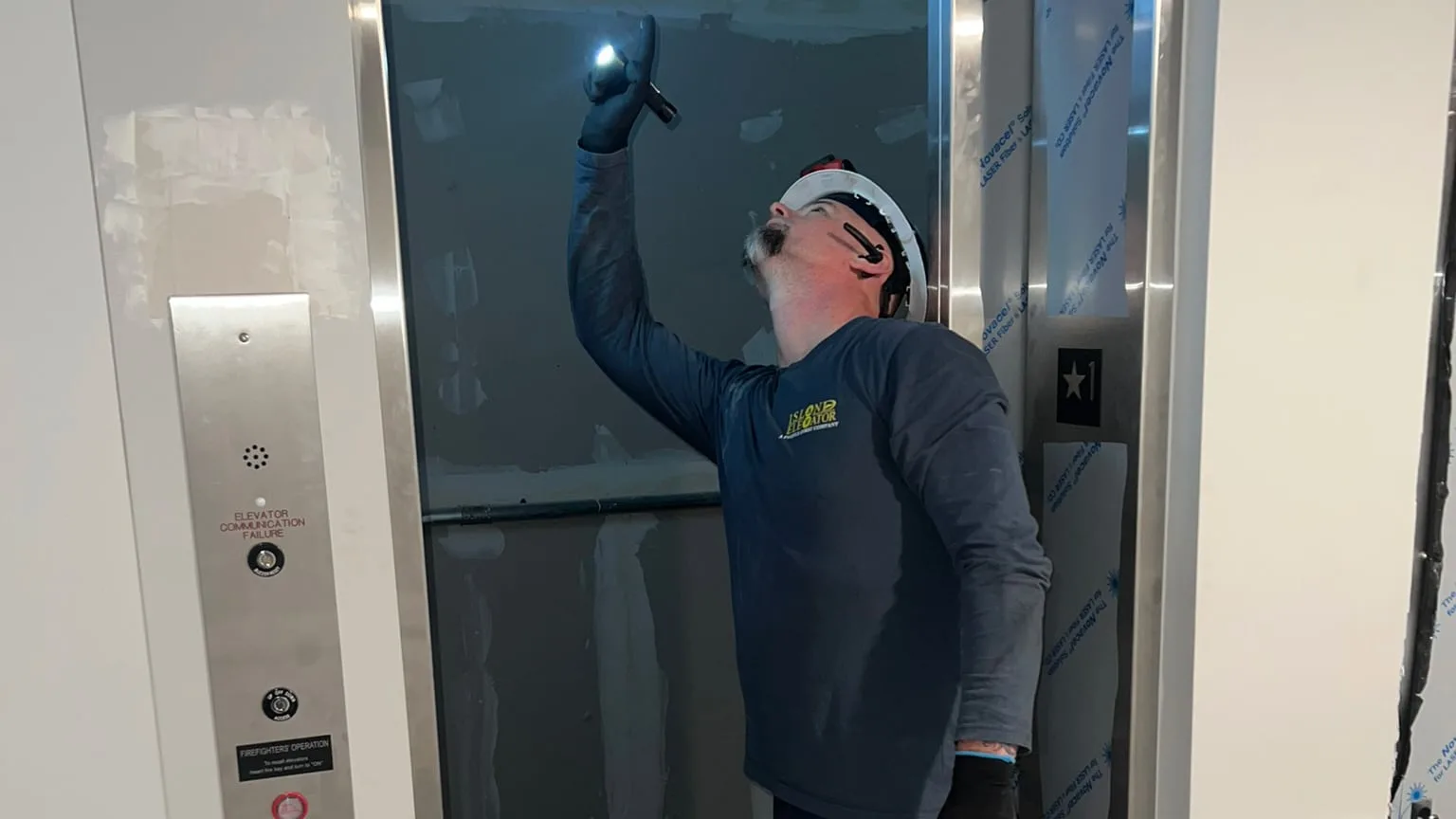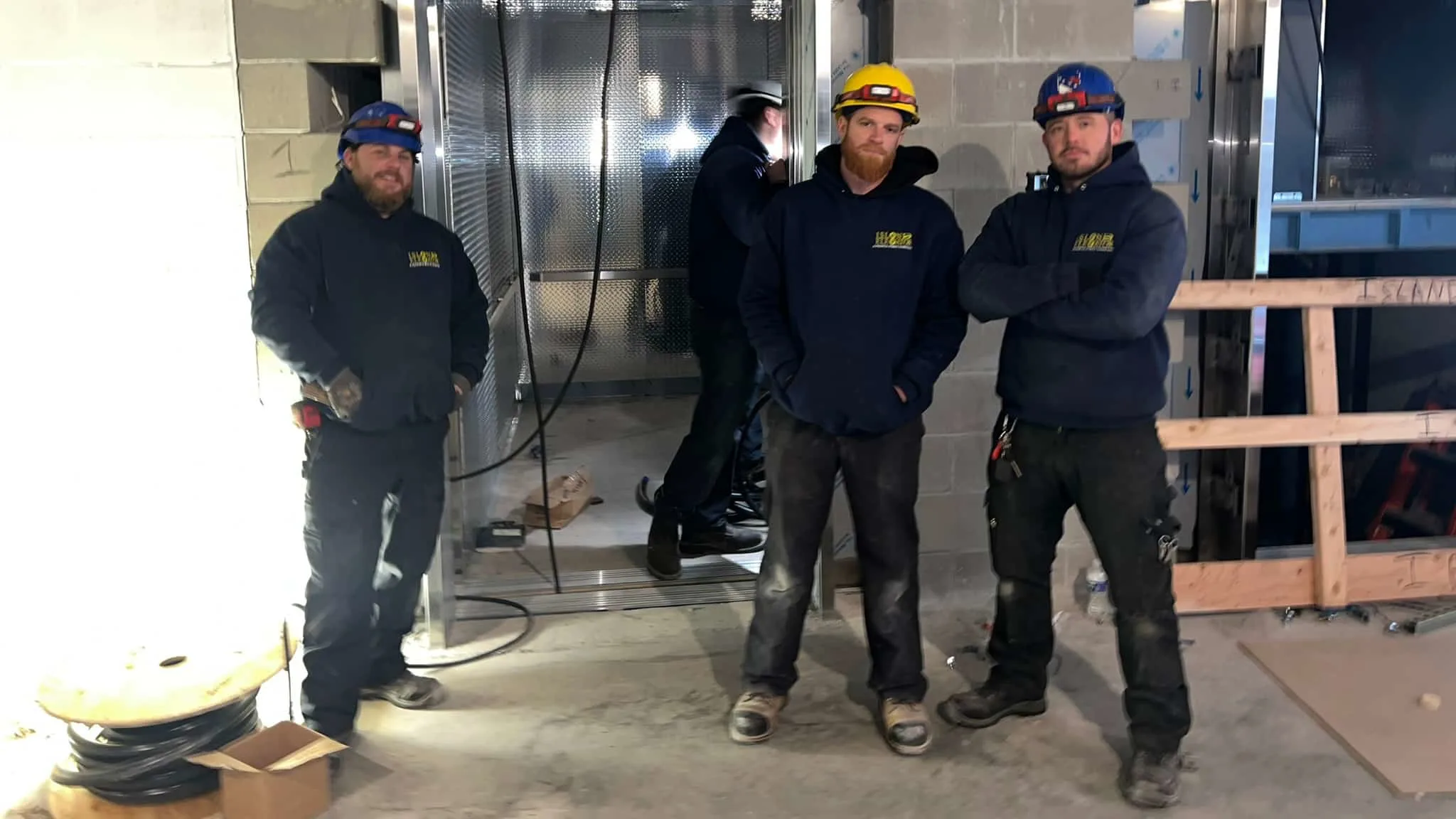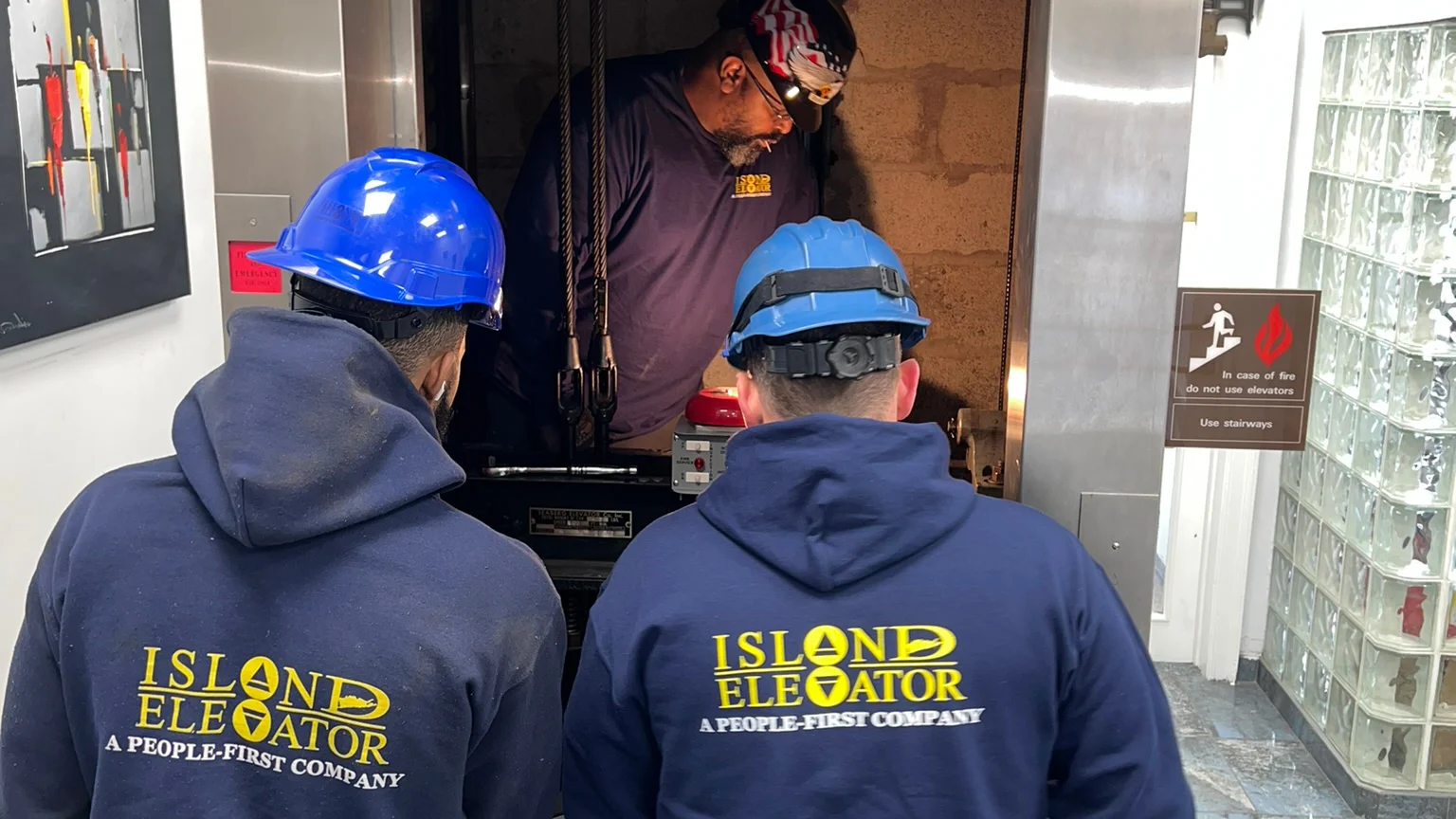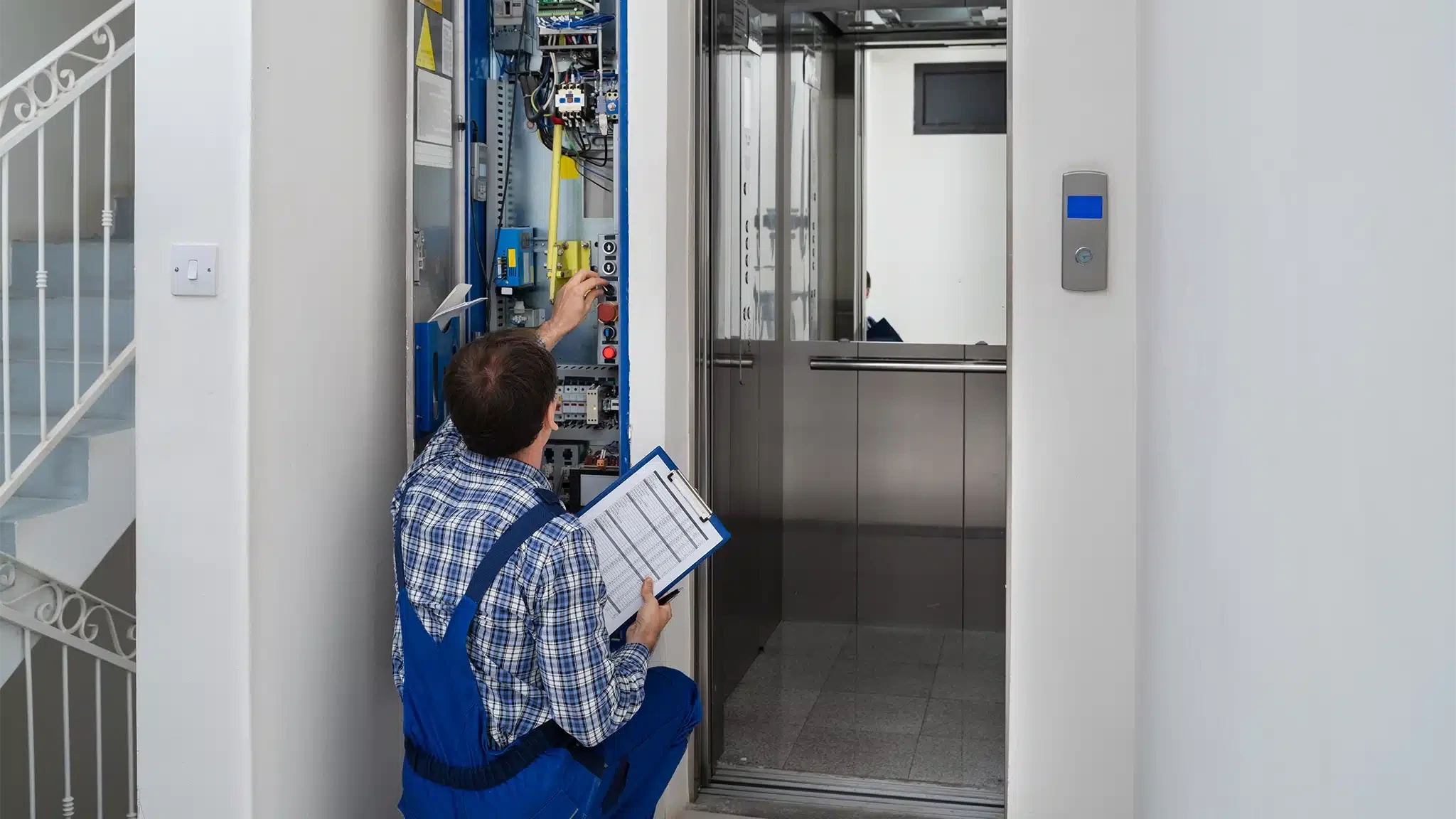
Why Regular Elevator Maintenance Prevents Costly Repairs
Elevators are complex systems that require consistent upkeep to operate safely and efficiently...
read article

Elevators are essential for modern buildings, offering convenience and accessibility for everyone. But did you know that not all elevators are the same? Depending on the building type, usage requirements, and space limitations, there are several types of elevators available to suit your needs. In this guide, we’ll explore the different types of elevators and their unique features to help you choose the right one for your property.
Hydraulic elevators are one of the most common types used in low-rise buildings, typically up to five or six stories tall. They work by using a hydraulic piston that pushes the elevator car up and lowers it down using pressurized fluid. Hydraulic elevators are known for their smooth operation, affordability, and ability to lift heavy loads.
Key Features:
However, hydraulic elevators tend to be slower than other types and are less energy-efficient, as they consume more power during operation.
Traction elevators are commonly used in mid to high-rise buildings and rely on steel cables and counterweights to move the elevator car. These elevators come in two main types: geared and gearless. Geared traction elevators use gears to control the speed of the car, while gearless elevators are faster and ideal for high-rise applications.
Key Features:
Traction elevators are more energy-efficient than hydraulic elevators and provide a smoother ride over longer distances. They are commonly found in office buildings, hotels, and apartment complexes.
Machine Room-Less (MRL) elevators are a newer type of elevator that eliminates the need for a separate machine room. Instead, the machinery is housed within the elevator shaft itself, freeing up valuable building space. MRL elevators are available in both hydraulic and traction versions, making them suitable for a range of building types.
Key Features:
MRL elevators are becoming increasingly popular due to their space efficiency and lower energy consumption compared to traditional hydraulic systems. However, they may have higher upfront costs.
Pneumatic elevators operate using air pressure to move the elevator car. These elevators feature a cylindrical design and are often used in residential settings or for light-duty applications. They are typically smaller in size and don’t require a machine room, making them perfect for homes with limited space.
Key Features:
Pneumatic elevators are an attractive option for homeowners looking for a stylish and functional solution to improve accessibility. They are quieter than most other elevators and easy to install, though they may not be suitable for high-traffic buildings.
While not used for transporting people, dumbwaiters are small freight elevators designed to move goods between different floors of a building. They are commonly found in restaurants, hospitals, and homes, where they are used to transport food, laundry, and other items.
Key Features:
Dumbwaiters provide a convenient solution for moving items in buildings where full-sized elevators may not be practical or necessary.
Freight elevators are designed specifically to transport heavy goods and materials rather than passengers. They are often used in warehouses, factories, and industrial settings, where large or bulky items need to be moved between floors.
Key Features:
Freight elevators are built to handle much heavier loads than standard passenger elevators, and they are usually found in industrial or commercial environments.
Selecting the right type of elevator depends on several factors, including the height of the building, expected traffic, available space, and budget. At Island Elevator, we have experience installing and maintaining all types of elevators, and we’re here to help you make the right choice for your property.
At Island Elevator, we offer expert installation, repair, and maintenance services for all types of elevators. With over a decade of experience serving Long Island, we provide customized solutions for both commercial and residential properties. Contact us today at 631-491-3392 to learn more about your options and how we can help ensure the safe and efficient operation of your elevators.

Elevators are complex systems that require consistent upkeep to operate safely and efficiently...
read article

Elevators are essential for convenience and accessibility, but like any machinery, they’re not ...
read article

When it comes to elevator repair, businesses need a reliable and experienced ...
read article
get a free estimate